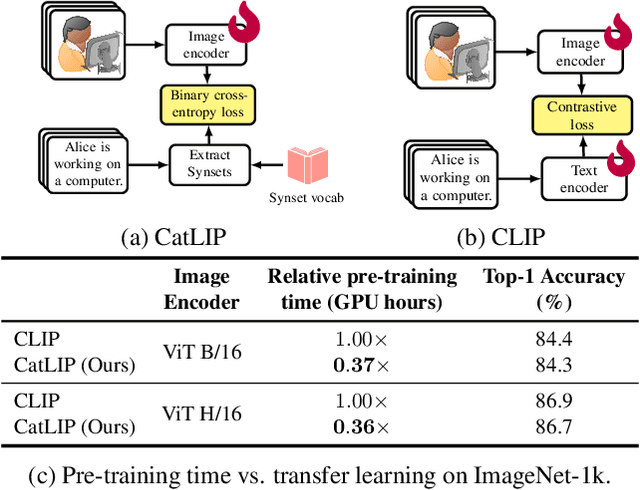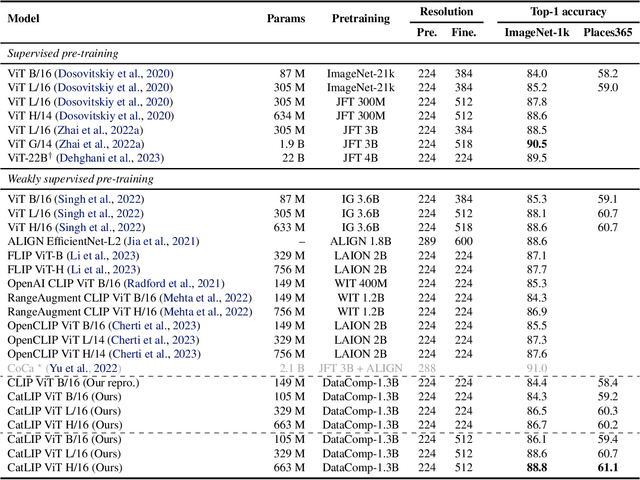Mohammad Hossein Sekhavat
Computational Bottlenecks of Training Small-scale Large Language Models
Oct 25, 2024



Abstract:While large language models (LLMs) dominate the AI landscape, Small-scale large Language Models (SLMs) are gaining attention due to cost and efficiency demands from consumers. However, there is limited research on the training behavior and computational requirements of SLMs. In this study, we explore the computational bottlenecks of training SLMs (up to 2B parameters) by examining the effects of various hyperparameters and configurations, including GPU type, batch size, model size, communication protocol, attention type, and the number of GPUs. We assess these factors on popular cloud services using metrics such as loss per dollar and tokens per second. Our findings aim to support the broader adoption and optimization of language model training for low-resource AI research institutes.
OpenELM: An Efficient Language Model Family with Open Training and Inference Framework
May 02, 2024Abstract:The reproducibility and transparency of large language models are crucial for advancing open research, ensuring the trustworthiness of results, and enabling investigations into data and model biases, as well as potential risks. To this end, we release OpenELM, a state-of-the-art open language model. OpenELM uses a layer-wise scaling strategy to efficiently allocate parameters within each layer of the transformer model, leading to enhanced accuracy. For example, with a parameter budget of approximately one billion parameters, OpenELM exhibits a 2.36% improvement in accuracy compared to OLMo while requiring $2\times$ fewer pre-training tokens. Diverging from prior practices that only provide model weights and inference code, and pre-train on private datasets, our release includes the complete framework for training and evaluation of the language model on publicly available datasets, including training logs, multiple checkpoints, and pre-training configurations. We also release code to convert models to MLX library for inference and fine-tuning on Apple devices. This comprehensive release aims to empower and strengthen the open research community, paving the way for future open research endeavors. Our source code along with pre-trained model weights and training recipes is available at \url{https://github.com/apple/corenet}. Additionally, \model models can be found on HuggingFace at: \url{https://huggingface.co/apple/OpenELM}.
CatLIP: CLIP-level Visual Recognition Accuracy with 2.7x Faster Pre-training on Web-scale Image-Text Data
Apr 24, 2024



Abstract:Contrastive learning has emerged as a transformative method for learning effective visual representations through the alignment of image and text embeddings. However, pairwise similarity computation in contrastive loss between image and text pairs poses computational challenges. This paper presents a novel weakly supervised pre-training of vision models on web-scale image-text data. The proposed method reframes pre-training on image-text data as a classification task. Consequently, it eliminates the need for pairwise similarity computations in contrastive loss, achieving a remarkable $2.7\times$ acceleration in training speed compared to contrastive learning on web-scale data. Through extensive experiments spanning diverse vision tasks, including detection and segmentation, we demonstrate that the proposed method maintains high representation quality. Our source code along with pre-trained model weights and training recipes is available at \url{https://github.com/apple/corenet}.
 Add to Chrome
Add to Chrome Add to Firefox
Add to Firefox Add to Edge
Add to Edge